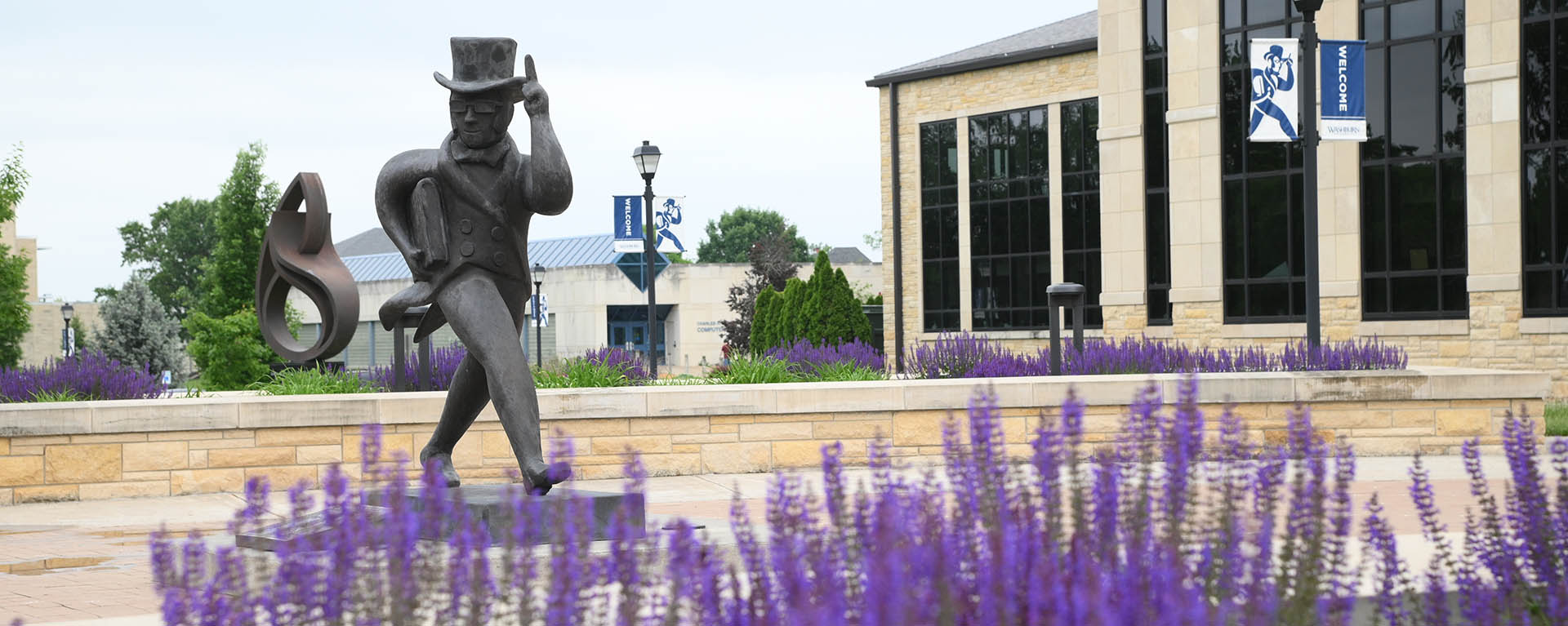
What can be copyrighted?
Copyright protects "original works of authorship" that are fixed in a tangible form of expression. Copyrightable works include the following categories:
- literary (books, periodicals)
- musical, including any accompanying words (songs, compositions)
- dramatic, including any accompanying music (plays)
- pantomimes and choreographic (dance)
- pictorial, graphic, and sculptural (art, maps)
- motion pictures and other audiovisual (film, television)
- sound recordings
- architectural (building design)
These are broad categories. For instance, "literary works" can include computer code and programs.
What cannot be copyrighted?
Works in the Public Domain (documents created before 1922, created for public use, or once copyrighted but have fallen into the public domain because their copyright expired)
Government documents
Ideas (procedures, methods, systems, processes, concepts, principles, discoveries)
Works not fixed in a tangible form (choreographic works that have not been noted or recorded, improvisational speeches or performances that have not been written or recorded)
Facts
Titles
Names
Short phrases/slogans
Familiar symbols or designs
Listings of ingredients or contents
Why are copyrights important?
Copyright protection ensures that creators are paid for the product of their work. Copyright is important because it encourages and rewards creative work; it stimulates the development of new knowledge and ensures the distribution of that knowledge.
What are my rights as a copyright holder?
As a creator of copyrighted work, you too have rights. The copyright owner retains the rights to:
- make a copy (reproduce) a work
- prepare derivative works (use a work as the basis for a new work)
- distribute (publish copies or electronically distribute) a work
- publicly perform a work
- publicly display a work
The following is taken from the United States Copyright Act, Section 106. Exclusive Rights in Copyrighted Works:
Subject to sections 107 through 120, the owner of copyright under this title has the exclusive rights to do and to authorize any of the following:
- to reproduce the copyrighted work in copies or phonorecords;
- to prepare derivative works based upon the copyrighted work;
- to distribute copies or phonorecords of the copyrighted work to the public by sale or other transfer of ownership, or by rental, lease, or lending;
- in the case of literary, musical, dramatic, and choreographic works, pantomimes, and motion pictures and other audiovisual works, to perform the copyrighted work publicly;
- in the case of literary, musical, dramatic, and choreographic works, pantomimes, and pictorial, graphic, or sculptural works, including the individual images of a motion picture or other audiovisual work, to display the
- copyrighted work publicly; and
- in the case of sound recordings, to perform the copyrighted work publicly by means of a digital audio transmission.
Who should I contact if I find that someone is using my copyrighted work without permission?
If you have reason to suspect that someone on the Washburn University Web site is using your work without permission, please contact our DMCA representative. Visit WU's DMCA Home Page for more information.
Where can I get permission to use copyrighted material?
When trying to obtain permission to use a copyrighted work, first check with the holder of the copyright (i.e. the publisher, magazine, distributor). If the copyright holder is not readily apparent, or if contact information is not available, one might try contacting a clearance house such as the Copyright Clearance Center.
What is Public Domain?
Works in the Public Domain are documents created before 1922, created for public use, or once copyrighted but have fallen into the public domain because their copyright expired. This includes most government and military documents, including information available on .gov and .mil Web sites, unless specified otherwise.
What is Fair Use?
Section 107 of the Copyright code (commonly called Fair Use) limits the rights of the author, allowing parts of a copyrighted work to be used without requesting permission.
In determining whether the use made of a work in any particular case is a fair use the factors to be considered shall include --
- the purpose and character of the use, including whether such use is of a commercial nature or is for nonprofit educational purposes;
- the nature of the copyrighted work;
- the amount and substantiality of the portion used in relation to the copyrighted work as a whole; and
- the effect of the use upon the potential market for or value of the copyrighted work.
Such circumstances are limited to criticism, comment, news reporting, teaching (including multiple copies for classroom use), scholarship, or research. Nevertheless, Fair Use is NOT carte blanche to use any amount of a copyrighted work for any amount of time just because it is "for educational purposes." The government has very strict guidelines on how much can be copied and used in the classroom and for how long.
For the most current guidelines associated with copyrighted materials for classroom use, please link to copyright information for faculty on the Washburn University Libraries LibGuide.
What are the consequences of using copyrighted works without permission?
The penalties for copyright infringement are very harsh. Civil and/or criminal penalties may be imposed. You may be required to pay actual and statutory damages in addition to court costs and attorney's fees. Statutory damages a court may award range from $750 to $30,000. Copyright infringement involving the duplication of more than 10 copies having a total retail value of more than $2,500 is a felony. Criminal penalties may include a fine of $150,000 for each separate act and a jail sentence of 5 years. Copyright owners have sued and will probably continue to sue individuals as well as institutions. The University may or may not support you in your lawsuit.

